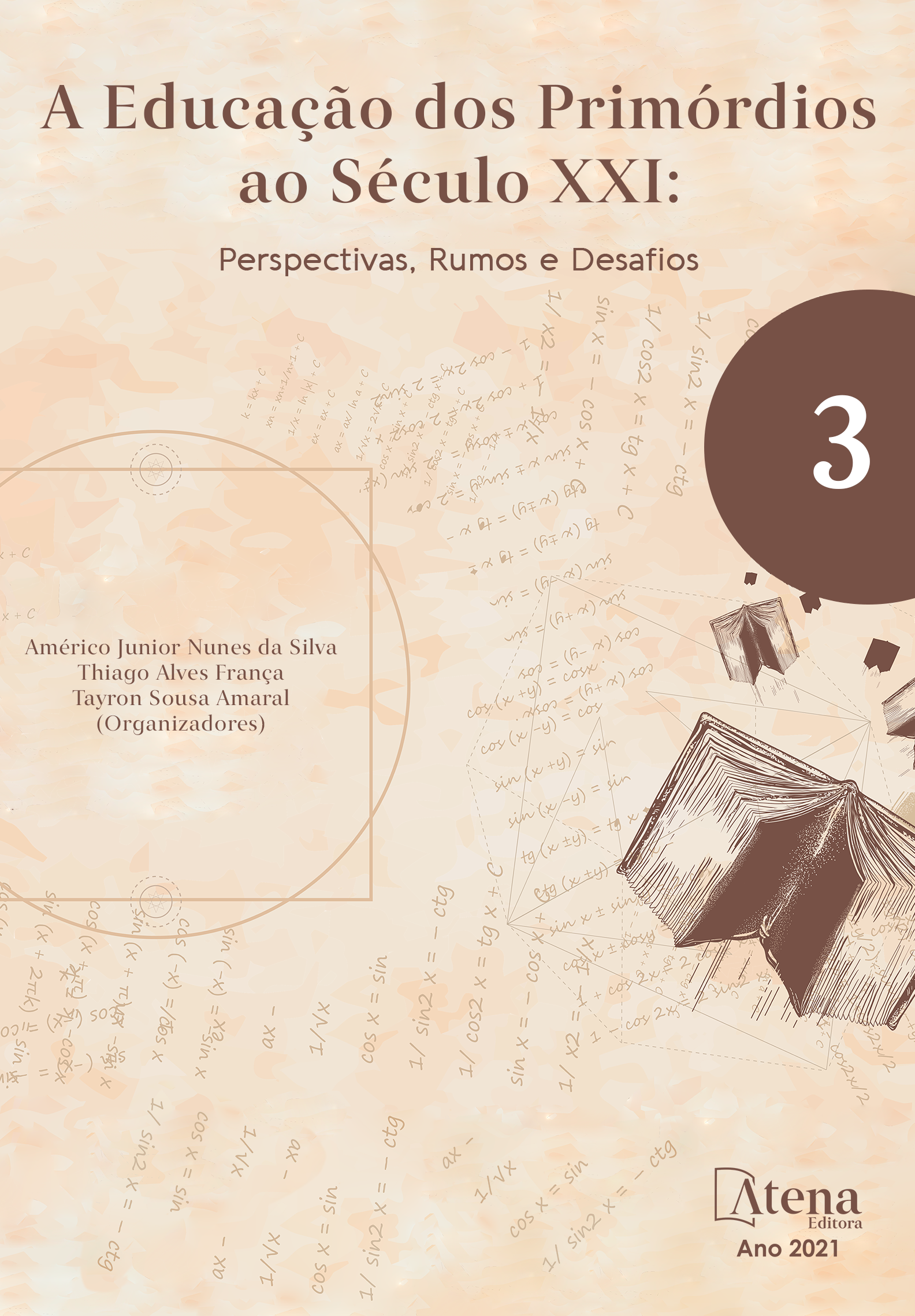
EDUCAÇÃO PATRIMONIAL: FORMAÇÃO DOS ALUNOS DOS ANOS FINAIS DO ENSINO FUNDAMENTAL DA ESCOLA ESTADUAL MARCONDES DE SOUZA – MUQUI/ES
Este estudo tem como objetivo analisar o processo educativo de valorização do patrimônio histórico e a Educação Patrimonial para os alunos dos Anos Finais do Ensino Fundamental da Escola Estadual Marcondes de Souza, localizada no Município de Muqui/ES. Com fundamento no referencial teórico abordado, os conceitos acerca do patrimônio e cultural foram correlacionados com a educação escolar. A metodologia empregada possui natureza qualitativa, utilizando-se de pesquisa documental e bibliográfica. Aplica-se também a estratégia de pesquisa científica de estudo de caso, no sentido de analisar o fenômeno da Educação Patrimonial no contexto escolar e as variáveis que o influenciam. Trata-se de um processo de observação sistemática e participante, por meio de entrevista semiestruturada, a fim de levantar as informações necessárias à valorização deste estudo. Os resultados demonstram que a Educação Patrimonial, apesar de elementar à formação dos alunos como cidadãos, não recebe a atenção devida na grade curricular. Destaca-se, ainda, que, se fosse trabalhada, mesmo que em formato interdisciplinar, com enfoque no patrimônio cultural, a comunidade seria capaz de se envolver ativamente na ação de sua preservação, que guarnece a cultura local.
EDUCAÇÃO PATRIMONIAL: FORMAÇÃO DOS ALUNOS DOS ANOS FINAIS DO ENSINO FUNDAMENTAL DA ESCOLA ESTADUAL MARCONDES DE SOUZA – MUQUI/ES
-
DOI: 10.22533/at.ed.47221080312
-
Palavras-chave: Educação Patrimonial. Preservação. Anos Finais do Ensino Fundamental.
-
Keywords: Patrimonial Education. Preservation. The Final Years of Elementary School.
-
Abstract:
This study aims to analyze the educational process of valuing historical heritage and Heritage Education for students of the Final Years of Elementary School at Marcondes de Souza State School, located in the Municipality of Muqui / ES. Based on the theoretical framework addressed, the concepts about heritage and cultural were correlated with school education. The methodology used has a qualitative nature, using documentary and bibliographic research. The case study's scientific research strategy is also applied, in the sense of analyzing the Heritage Education phenomenon in the school context and the variables that influence it. It is a process of systematic and participative observation, through semi-structured interviews, in order to gather the information necessary to enhance this study. The results demonstrate that Heritage Education, although elementary to the training of students as citizens, does not receive due attention in the curriculum. It is also noteworthy that, if it were worked on, even if in an interdisciplinary format, with a focus on cultural heritage, the community would be able to be actively involved in the action of its preservation, which preserves the local culture.
-
Número de páginas: 24
- Sônia Maria da Costa Barreto
- Danielle Correia Santana


